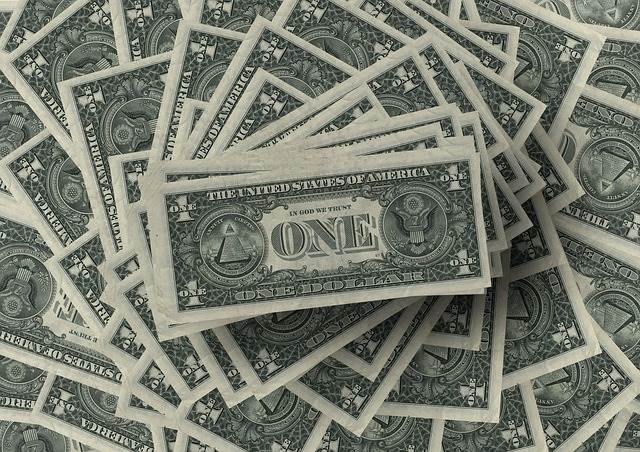
The Federal Reserve announced an overnight repo operation on Tuesday night, effectively introducing $53.15 billion of cash into the U.S. banking system, a move not used in over ten years. Another repo operation is expected later Wednesday, to the tune of $75 billion. The move came as lending declined as a result of large payments for taxes and the $78 billion in Treasuries sold last week.
The repo operation involved the Fed buying Treasuries and other highly-rated debt from dealers in order to increase liquidity in the system. The move came in the middle of the Fed’s September policy meeting at the end of which the central bank is expected to cut interest rates another 25 basis points after making the first interest rate cut in a decade following its July policy meeting.
The U.S. dollar index was trading slightly higher on Wednesday morning as the markets continue to recover from the oil shock earlier this week after Saudi Arabia’s supply was disrupted by drone attacks at two important oilfields. The dollar index was sitting at 98.29 .DXY, up 0.03 percent as of 1:17 p.m. HK/SIN. The greenback advanced against all of its primary trading partners. It was up 0.07 percent against the yen and trading near a seven-week high, to trade at 108.19. The British pound slipped 0.13 percent against the dollar to $1.2484, while the euro was down 0.07 percent to $1.1063. The Australian dollar was down 0.28 percent against the greenback to $0.6845.
Currencies are expected to trade in narrow ranges in advance of today’s Fed announcement.
Oil Prices Retreat
After surging nearly 20 percent earlier this week, oil prices are heading downward after Saudi Arabia’s energy minister announced that the country would use its inventory to bring supply levels to where they were before the weekend’s drone attacks. Oil prices fell nearly 6 percent on Tuesday and analysts are wondering whether this is the start of a steeper slide. U.S. WTI futures were down 0.52 percent in the early Asian afternoon, trading at $59.0 per barrel, while Brent crude futures were 00.05 percent lower to $64.52 per barrel. In addition to the news that Saudi Arabia will support inventories, lower seasonal demand may keep prices heading towards the downside.
